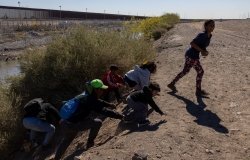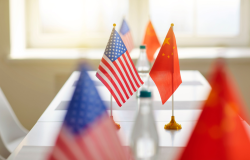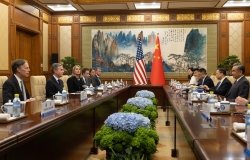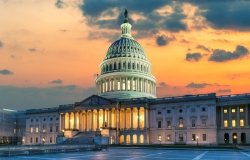Teleconference: Obama in Africa
In this podcast, analysts and observers on the ground assess the impact of President Obama's visit and the next steps for East Africa.
Overview
On Friday, July 24, President Obama arrived in Nairobi, Kenya, on his first visit as president to his father’s home country. Arriving amidst jubilation and optimism ahead of the 2015 Global Entrepreneurship Summit, President Obama has controversially addressed issues of economic transformation, governance, security, corruption and human rights. Analysts and observers on the ground assess the impact of President Obama's visit and the next steps for East Africa.
The Takeaways:
1. President Obama’s trip wasn’t just about Kenya and Ethiopia, it was about the growing global significance of the entire continent.
2. From a policy perspective, this trip succeeded in stengthening U.S.-Kenya relationships. However, it remains to be seen whether his speeches and policies will have a lasting impact on the countries’ citizens.
3. Words and speeches cannot tackle Kenya’s systemic corruption. Generational change is needed and President Obama is uniquely qualified to address and assist in the challenge.
President Obama’s recent trip to Kenya and Ethiopia for the 2015 Global Entrepreneurship Summit was important for a variety of personal, political, strategic and economic reasons. On the civil level, it was a homecoming of sorts for President Obama. From a policy perspective, it was an opportunity for U.S. leaders to establish new relationships with at least two of Africa’s young, developing and increasingly economic and strategically viable countries.
With so many factors at play, it is hard to say outright whether or not President Obama’s trip was a success. However, Dr. Muyangwa – who attended the GES in Kenya as part of the U.S. delegation – stated that the President, by and large, succeeded in living up to the monumental expectations. In particular, she believes that Obama set a new tone for U.S.-Kenya relations “by bringing economic development into the framework” and making an economic partnership between the two countries, “the cornerstone of his engagement.” In addition, the presence of 20 members of Congress in the President’s delegation further bolstered Dr. Muyangwa’s hope that new, long-term economic policies and partnerships can be fostered between the U.S. and Kenya.
Mr. Mboya echoed this sentiment, and proposed that by offering “trade rather than aid” the President has not only helped normalize relations between the U.S. and Kenya – the relationship had soured following a 2010 ICC investigation into several Kenyan politicians – but set a new tone for how the U.S. interacts with the continent as a whole. Mr. Mboya explained that, because of the President’s Kenyan ancestry, Obama is uniquely capable of challenging Kenya and the continent on its human rights record and long-standing problem of corruption.
However, Ms. Nyabola is not so sure that Obama’s trip will lead to long-term change in Kenya or the wider region. She argued that despite a large amount of media coverage, the President’s trip did not provide much content for African citizens to rally around; all that was shown were “orchestrated agreements.” With only one brief reference to the crises in Burundi and South Sudan, no mention of the bioterrorism or visa agreements signed on the sidelines of the trip, and no mention of the LAPSSET Corridor or any other local infrastructure projects with social and economic implications, Ms. Nyabola didn’t see any catalysts that could spark future change. As she argued, “the problem in Kenya is respect for the rule of law…[that] can’t change in a speech.” To foster real growth and change in Kenya and greater Africa, policymakers must stamp out corruption and foster an environment where “everyday entrepreneurs” like independent farmers, fruit sellers and drivers can succeed.
While the speakers disagreed on just how big of an impact President Obama’s trip had on Kenya, Ethiopia and Africa as a whole, they all agreed that it was transformational. Whether it will galvanize the African Union to enact new policies or form the base for new strategic and economic partnerships, remains to be seen.
Speakers
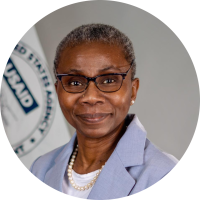
Monde Muyangwa
Tom Mboya
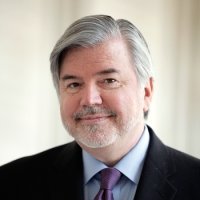
James A. Schear
Former Deputy Assistant Secretary of Defense, US Department of Defense
Nanjala Nyabola
Hosted By

Africa Program
The Africa Program works to address the most critical issues facing Africa and US-Africa relations, build mutually beneficial US-Africa relations, and enhance knowledge and understanding about Africa in the United States. The Program achieves its mission through in-depth research and analyses, public discussion, working groups, and briefings that bring together policymakers, practitioners, and subject matter experts to analyze and offer practical options for tackling key challenges in Africa and in US-Africa relations. Read more
Thank you for your interest in this event. Please send any feedback or questions to our Events staff.


